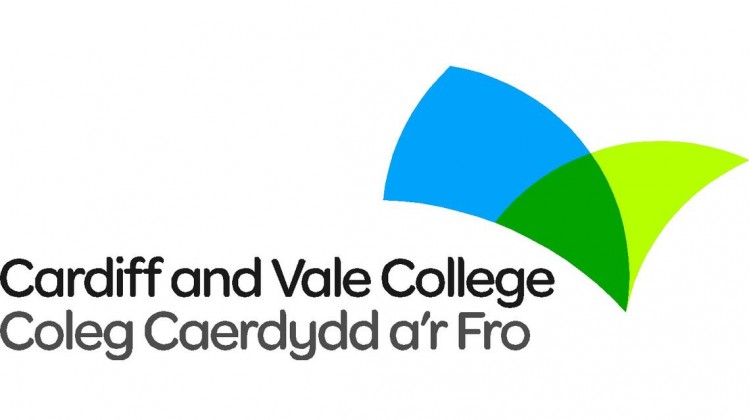Newport, South Wales
Based on Per Class
Freelance
Job Summary:
The Domestic Retrofit Tutor is responsible for delivering training and educational programs focused on domestic retrofit techniques, energy efficiency, and sustainable building practices. This role plays a vital part in equipping individuals with the knowledge and skills necessary to promote and implement energy-efficient retrofit measures in residential buildings.
Retrofit Courses:
Key Responsibilities:
Training Program Development: Develop curriculum and training materials for domestic retrofit courses, workshops, and seminars. Design and structure training programs to cover a range of topics, including energy assessment, retrofit measures, insulation, HVAC systems, renewable energy technologies, and sustainable building practices.
Training Delivery: Conduct training sessions and workshops for individuals and groups interested in learning about domestic retrofit techniques. Deliver engaging and interactive presentations, demonstrations, and hands-on exercises to effectively convey the concepts and skills related to energy efficiency and retrofit practices.
Content Delivery: Present complex technical concepts in a clear and understandable manner, tailored to the audience's knowledge level and background. Utilize various teaching methods, such as lectures, case studies, group discussions, and practical exercises, to facilitate learning and knowledge retention.
Assessments and Feedback: Design assessments, quizzes, and practical exercises to evaluate participants' understanding and application of retrofit concepts. Provide constructive feedback and guidance to help individuals enhance their skills and knowledge in domestic retrofit practices.
Industry and Technological Updates: Stay abreast of industry trends, advancements in retrofit technologies, energy efficiency regulations, and funding incentives. Continuously update training content to reflect the latest developments and emerging practices in the domestic retrofit field.
Participant Engagement: Foster a positive and inclusive learning environment that encourages active participation, knowledge sharing, and collaboration among participants. Facilitate discussions and address questions to enhance learning outcomes and promote a supportive training atmosphere.
Stakeholder Engagement: Collaborate with educational institutions, industry associations, government bodies, and other stakeholders to promote training programs, establish partnerships, and explore opportunities for joint initiatives in the field of domestic retrofit education.
Training Program Evaluation: Collect feedback from participants to assess the effectiveness and impact of training programs. Use feedback to refine content, delivery methods, and instructional strategies for continuous improvement.
Key Targets:
Qualifications and Skills:
Note: The job description provided above is a general outline and may vary based on the specific requirements and nature of NetRet Group.
Remote
Based on Per Candidate
Freelance
NetRet Group our looking for NVQ Insulation Assessors, you will play a crucial role in evaluating and assessing candidates' skills and competencies related to insulation work to ensure compliance with National Vocational Qualification (NVQ) standards. Your primary responsibility will…
Remote
Based on Per candidate
Freelance
As a Management NVQ Assessor specialising in Domestic Retrofit, you will be responsible for assessing and guiding candidates seeking National Vocational Qualification (NVQ) certifications in domestic retrofit management. Your primary objective for NetRet is to evaluate candidates' competency and…











